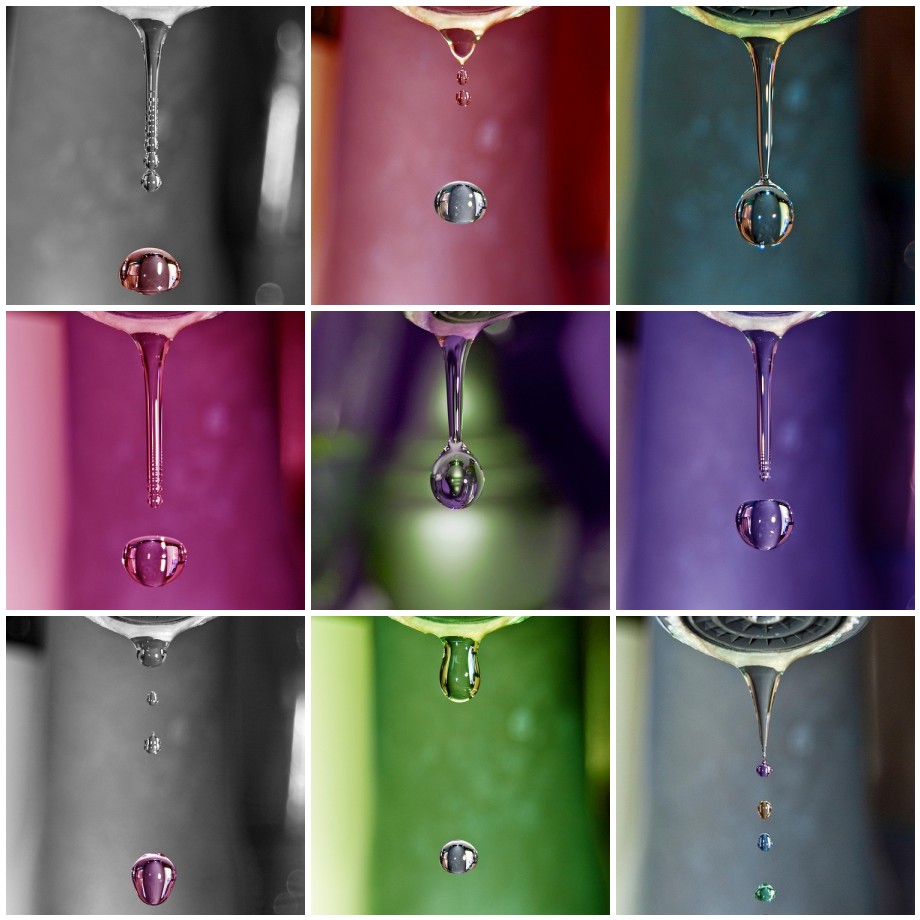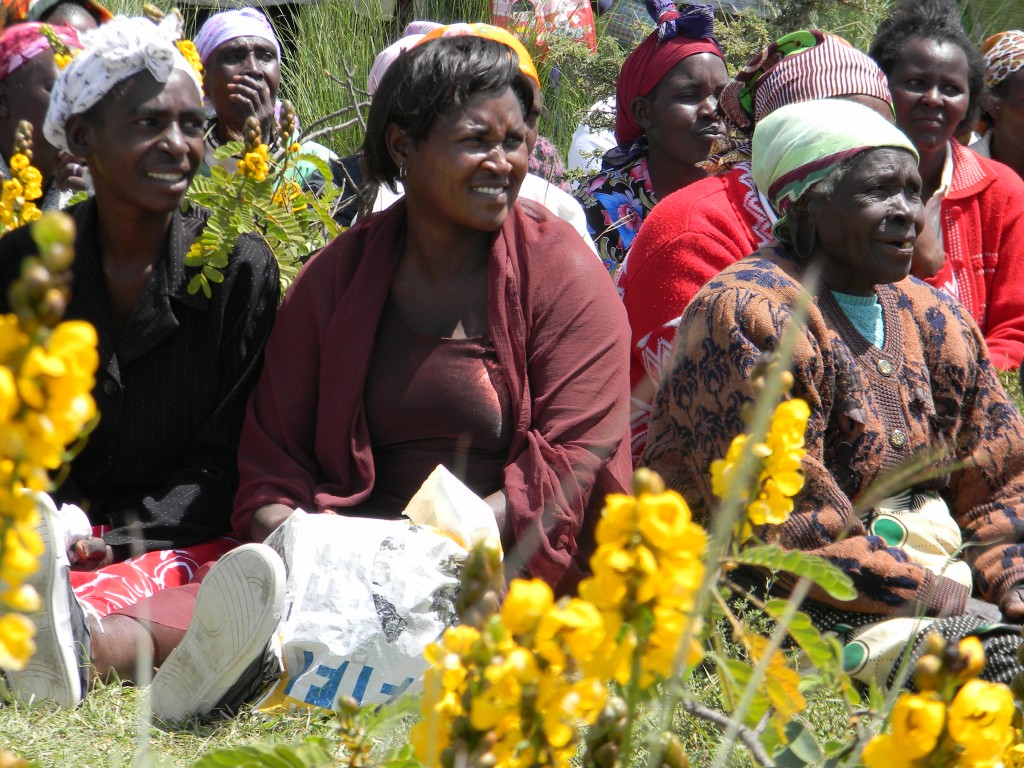
Can you imagine not being able to turn on a water tap? Can you imagine not even having a water tap?
Today’s challenge is to notice when you do something that we all take for granted – turning that tap and letting the water flow.
Washing your hands, cleaning your teeth, taking a shower. You are thirsty, so take a big gulp of water straight from that tap after playing outside in the sun.
Every time you turn on a tap of water, think about how easy it was and what you would do without running water.
In the villages around the Marura Dispesary in the Laikipia area of Kenya, the girls and women don’t have to use their imagination. Not having running water is normal for them.
There are no water supplies, no taps, no indoor toilets with plumbings. Just buckets that need to be taken to a nearby river, filled with water then dragged back to the house. The water is not filtered or cleaned in any way, so sometimes the villagers get sick, particularly the vulnerable – the very young and the very old.
The women decided to do something about their problems, and formed a co-operative to buy water tanks.
Each woman pays 100 Kenyan Shillings (about 75p) a month, which is used to pay for the water tanks. A small water tank costs 13 000 KES (about £94) and a large water tank costs 50 000 KES (£378).
The larger tanks are much more expensive, but hold 5000 litres in comparison to the smaller tanks 1500 litre capacity, so are more likely to see the family through the dry months, where there is little rainfall.
Having larger tanks would also make it easier to plant and grow vegetables for the family. This would give them not just clean water, but healthy ingredients for meals too.
So far the women have been able to buy 78 tanks of the 250 that are needed for every family in their community.
The Wildlife Conservancy Ol Pejeta supports their mission, with funds raised from the tourists who visit. Ol Pejeta is home to elephants, giraffes, lions, rhinos .. and many other wild animals. In return for moving outwith the boundaries of the conservancy, the local people are assisted by Ol Pejeta.
The women are proud of what they are doing. Their self-esteem has risen, as they feel that they are contributing to the health of their families. Their fathers and husbands are more respectful of the women, as they see the improvement that clean water brings to their lives.
Check out other ways to help children in Africa clean up their water. The SWAP organisation helps the community help themselves, by enabling them to sell water treatment products. They can clean a bucket of water quickly and easily with the PUR powder that local people sell.




